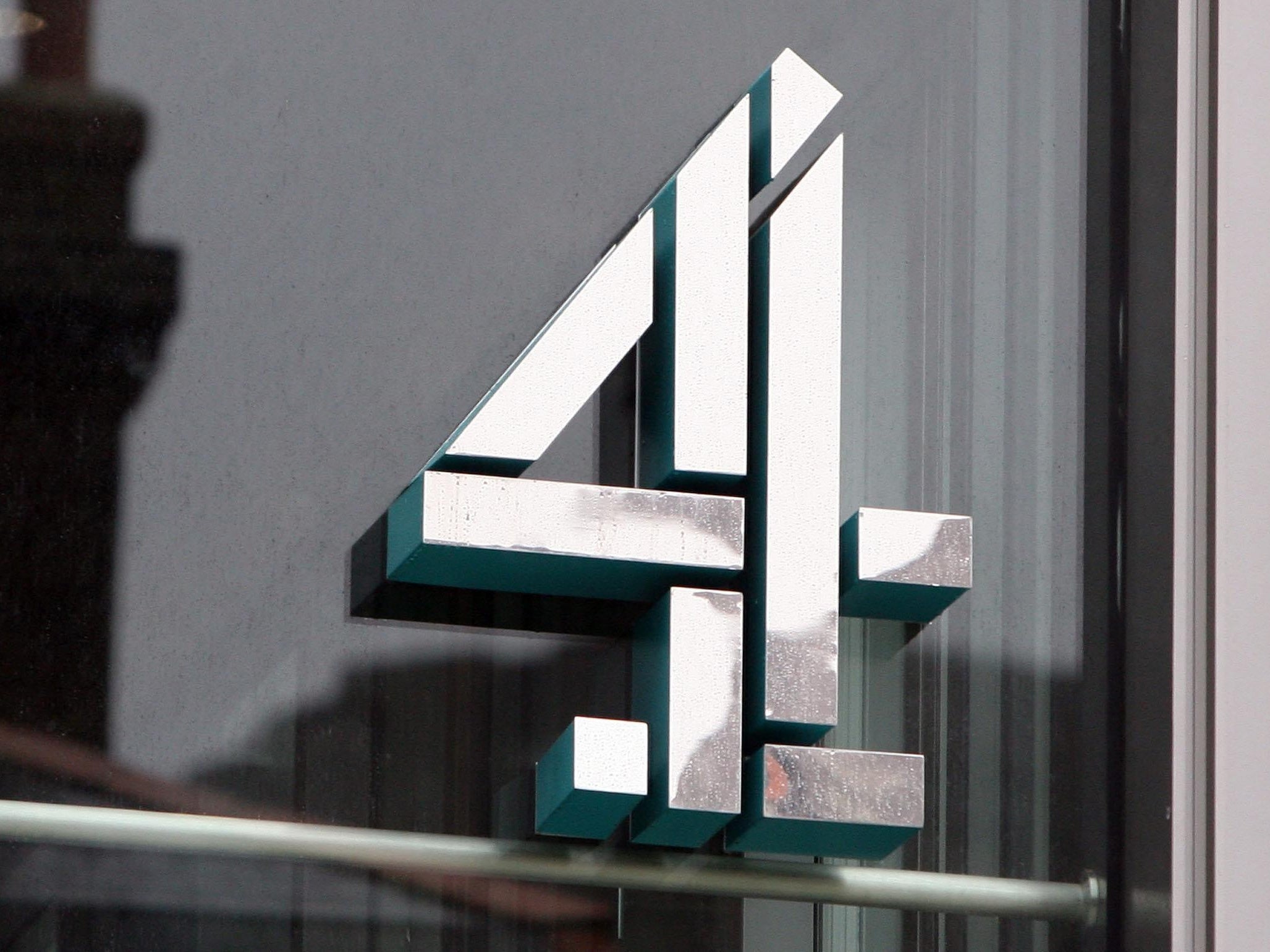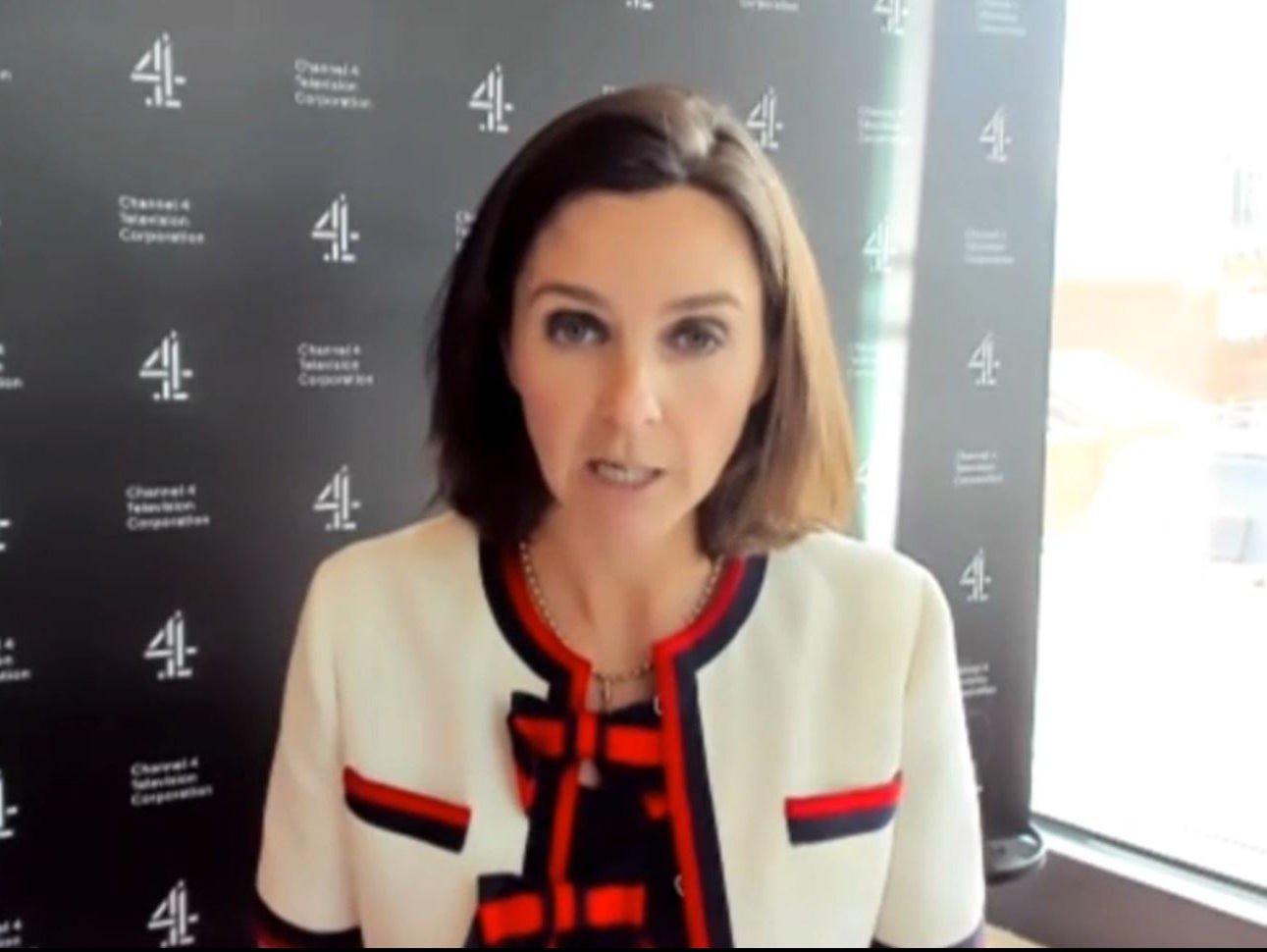Ministers launch bid to privatise Channel 4 in shake-up of British television
Broadcaster’s boss warns against changes that could cause ‘irreversible damage’

Your support helps us to tell the story
From reproductive rights to climate change to Big Tech, The Independent is on the ground when the story is developing. Whether it's investigating the financials of Elon Musk's pro-Trump PAC or producing our latest documentary, 'The A Word', which shines a light on the American women fighting for reproductive rights, we know how important it is to parse out the facts from the messaging.
At such a critical moment in US history, we need reporters on the ground. Your donation allows us to keep sending journalists to speak to both sides of the story.
The Independent is trusted by Americans across the entire political spectrum. And unlike many other quality news outlets, we choose not to lock Americans out of our reporting and analysis with paywalls. We believe quality journalism should be available to everyone, paid for by those who can afford it.
Your support makes all the difference.The government is to launch a consultation into the privatisation of Channel 4 as part of shake-up of British television, ministers have confirmed.
The Department for Digital, Culture, Media and Sport announced the move on Wednesday after bosses at the broadcaster were quizzed on the issue by MPs a day earlier.
Moving Channel 4 — home to The Great British Bake Off, It’s a Sin and Come Dine with Me — into private ownership and changing its remit could ensure its “future success and sustainability”, the department said in a statement.
The consultation will also review regulation of streaming services such as Netflix, Disney+ and Amazon Prime Video.
It will consider whether new rules around impartiality and accuracy are needed for documentaries and news content on the platforms to “level the playing field” with broadcasters, who are regulated by the watchdog Ofcom.
Culture secretary Oliver Dowden said: “Technology has transformed broadcasting but the rules protecting viewers and helping our traditional channels compete are from an analogue age.
“The time has come to look at how we can unleash the potential of our public service broadcasters while also making sure viewers and listeners consuming content on new formats are served by a fair and well-functioning system.
“So we’ll now be looking at how we can help make sure Channel 4 keeps its place at the heart of British broadcasting and level the playing field between broadcasters and video-on-demand services.”
Channel 4’s chief executive Alex Mahon, however, said the broadcaster could have “different priorities” if it is privatised, and cautioned against doing anything “irreversible” which could “possibly damage some of those things that we do for the sector”.

She was speaking after the publication of Channel 4’s annual report, which showed it delivered a record financial surplus of £74m at the end of 2020, as well as significant digital growth.
A day after reports emerged that the EU was considering cutting down the proportion of British TV and film shown around Europe, Ms Mahon referred to the “soft power” of having shows produced in Britain that are then sent “across the world”.
“We are the only publisher-broadcaster like that,” she said. “So that’s a very, very distinctive part of our landscape, and you can’t rely on Netflix or Amazon or others to do that, and we are doing that in order to grow their creative economy, we’re not doing that to consolidate or to cross-sell you other stuff.”
Producers are able to retain the rights to shows commissioned by Channel 4 and capitalise on them globally, which has created successes such as Come Dine With Me and Undercover Boss.
Ms Mahon also pointed out that Channel 4 has significant success in attracting younger viewers, compared to other networks, and has also tasked itself in championing diversity.
Channel 4 chair Charles Gurassa told the Digital, Culture, Media and Sport Committee “big American conglomerates” would be among the potential investors in Channel 4 if it was privatised.
Mr Dowden previously confirmed privatisation of Channel 4 was under examination in a review of public service broadcasting, however the consultation was not formally announced until Wednesday.
Channel 4 has been owned by the government since its launch in 1982 and receives its funding from advertising.
The money generated is then used to commission independent producers to make programmes for the channel.
The consultation comes ahead of a government white paper on the future of broadcasting which is due in the autumn.
Additional reporting by Press Association





Join our commenting forum
Join thought-provoking conversations, follow other Independent readers and see their replies
Comments